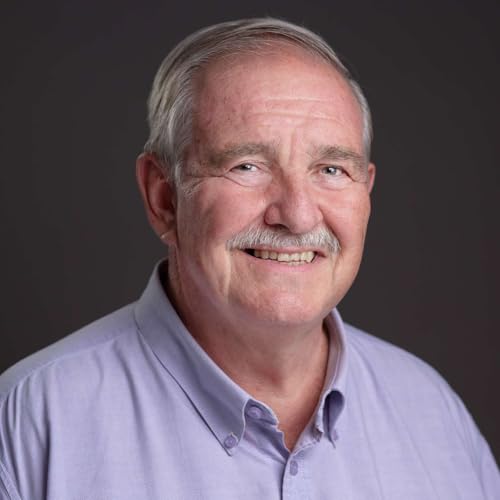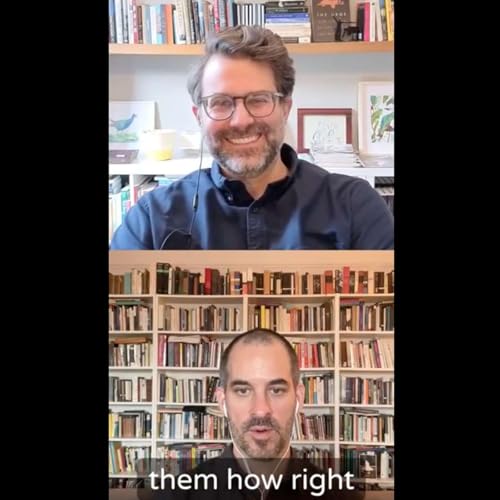
Flourishing After Addiction with Carl Erik Fisher
Failed to add items
Add to basket failed.
Add to Wish List failed.
Remove from Wish List failed.
Follow podcast failed
Unfollow podcast failed
-
Narrated by:
-
By:
-
Carl Erik Fisher
About this listen
Addiction psychiatrist and bioethicist Carl Erik Fisher explores addiction and recovery from science to spirituality, from philosophy to politics, and everything in between. He interviews leading experts in areas such as psychology, neurobiology, history, sociology, and more--as well as policy makers, advocates, and people with lived experience.
A core commitment of the show is we need more than medicine to truly understand addiction and recovery. The challenges and mysteries of this field run up against some of the central challenges of human life, like: what makes a life worth living, what are the limits of self control, and how can people and societies change for the better? These are enormous questions, and they need to be approached with humility, but there are also promising ways forward offered by refreshingly unexpected sources.
There are many paths to recovery, and there is tremendous hope for changing the narrative, injecting more nuance into these discussions, and making flourishing in recovery possible for all.
Please check out https://www.carlerikfisher.com to join the newsletter and stay in touch.
© 2025 Flourishing After Addiction with Carl Erik Fisher-
 50 mins
50 minsFailed to add items
Sorry, we are unable to add the item because your shopping cart is already at capacity.Add to basket failed.
Please try again laterAdd to Wish List failed.
Please try again laterRemove from Wish List failed.
Please try again laterFollow podcast failed
Unfollow podcast failed
-
 1 hr and 29 mins
1 hr and 29 minsFailed to add items
Sorry, we are unable to add the item because your shopping cart is already at capacity.Add to basket failed.
Please try again laterAdd to Wish List failed.
Please try again laterRemove from Wish List failed.
Please try again laterFollow podcast failed
Unfollow podcast failed
-
 50 mins
50 minsFailed to add items
Sorry, we are unable to add the item because your shopping cart is already at capacity.Add to basket failed.
Please try again laterAdd to Wish List failed.
Please try again laterRemove from Wish List failed.
Please try again laterFollow podcast failed
Unfollow podcast failed


